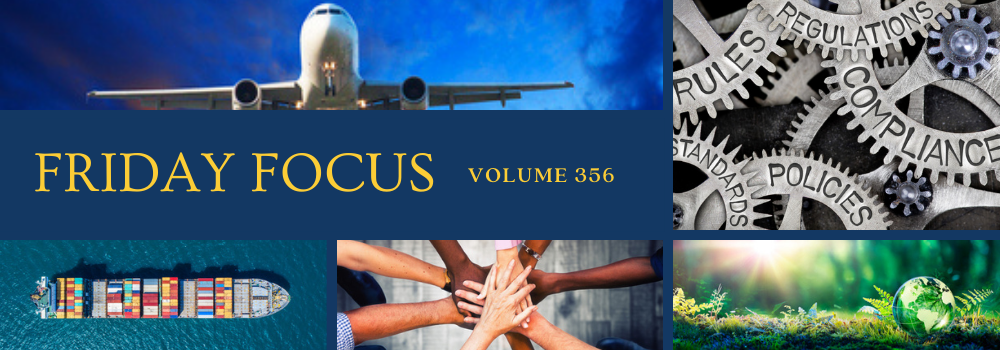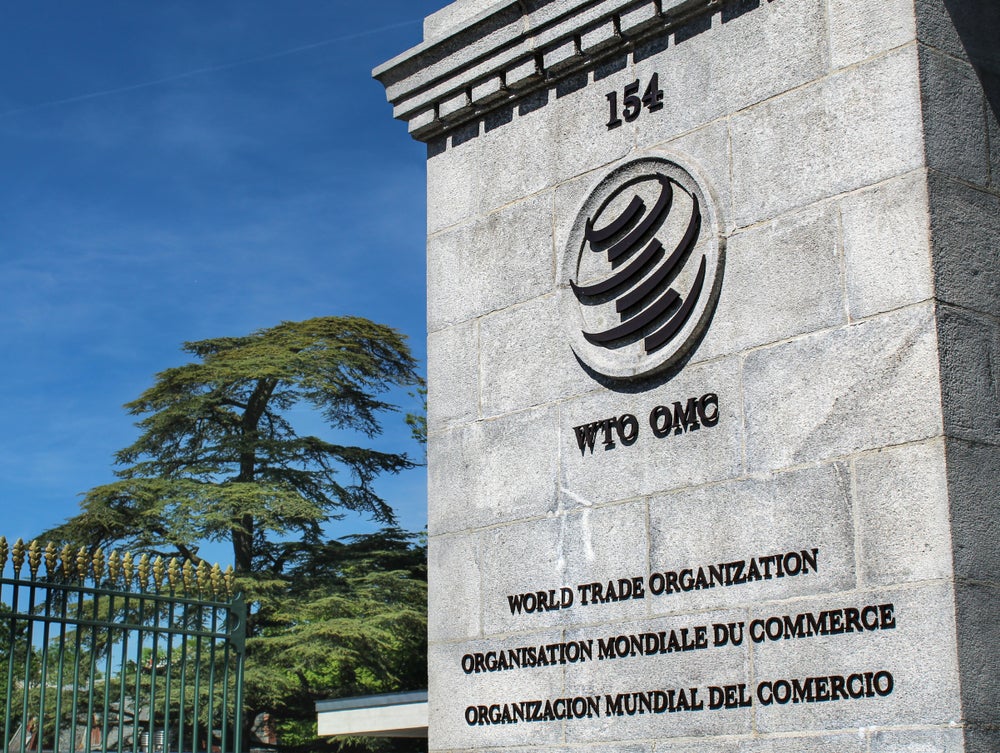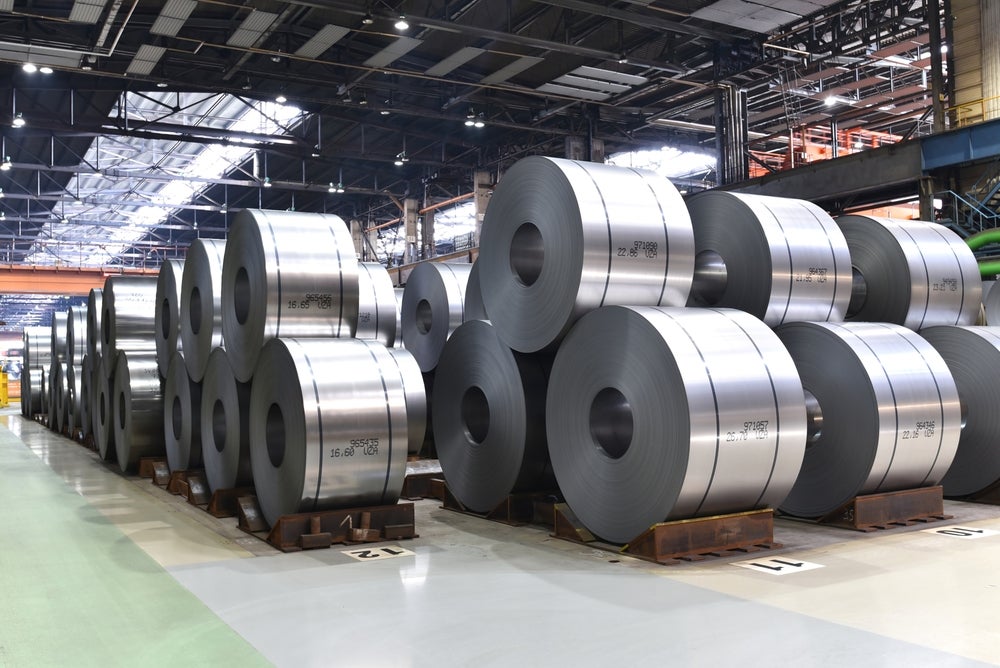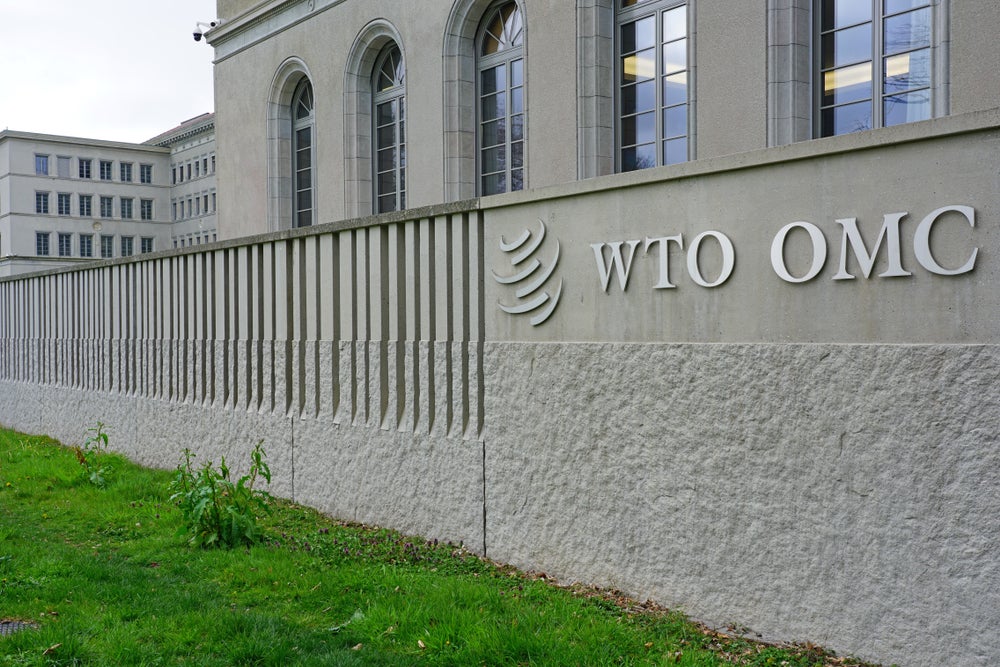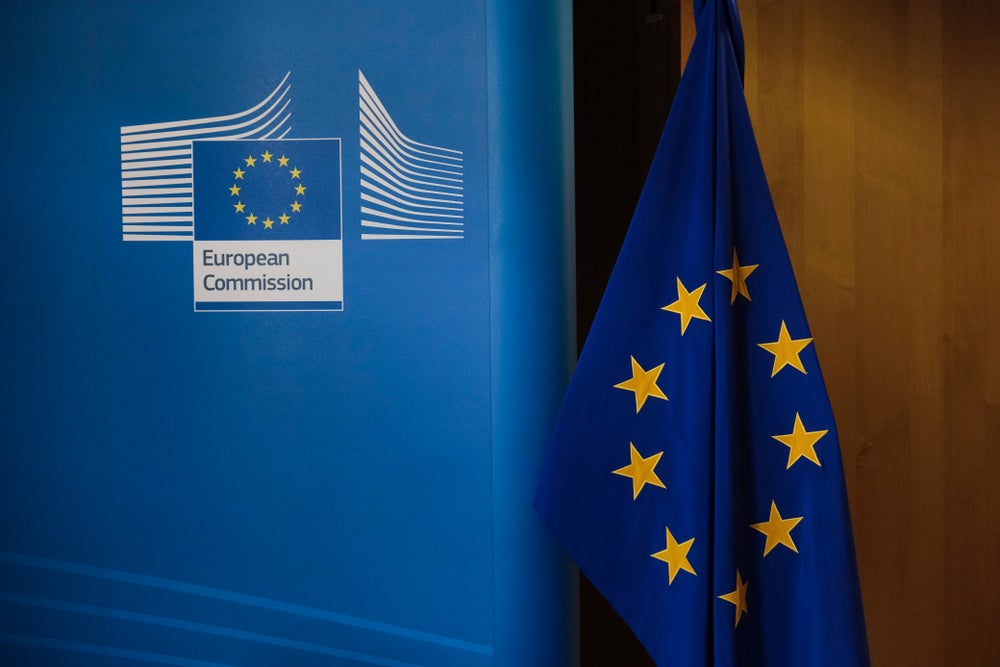|
Next week, on January 16-17, the WITA Academy will host a virtual Intensive Trade Seminar on the World Trade Organization. Ralph Ossa, the WTO’s Chief Economist interviewed in this article, will be a featured speaker at the Seminar. Information can be found here and below.
As the countdown begins for the 13th Ministerial Conference in Abu Dhabi next month, the halls of the World Trade Organization (WTO) in Geneva are abuzz with activity.
The WTO’s 164 member states are making a final, frenetic push to reach consensus on key issues at their highest decision-making meeting, convened every two years. These include the reforms of the dispute settlement system, the landmark fisheries subsidies agreement and reforms regarding agricultural subsidies, a divisive topic among member nations.
The extension of the intellectual property rights waiver for Covid-19 vaccines to include diagnostics and treatments adds to the mix as well as the lifting of a longstanding moratorium on customs duties on data transfer.
Addressing the WTO’s Trade Negotiations Committee in December, director general Ngozi Okonjo-Iweala underscored the dire state of the global economy and urged members to finalise as much of the ongoing negotiations in Geneva as possible before the critical February conference.
At this stage, the outcome of these talks, which are set to shape the future of global trade policies, is shrouded in uncertainty.
At the upcoming conference, Ralph Ossa will make his debut after serving for a year as the organisation’s chief economist and head of the statistical division. In his role, Ossa is responsible for guiding the research agenda and supporting negotiations with reports and insights produced by his team of 60 people.
He received Geneva Solutions at his office nestled on the second floor of the WTO’s headquarters overlooking the lake. Without venturing into rash predictions, he said he didn’t want MC12 to be a “one-time miracle that happened at Lake Geneva, where 164 countries demonstrated that multilateralism is effective”.
The “miracle” Ossa refers to is the so-called Geneva package, hashed out at the WTO’s 12th Ministerial Conference (MC12) in 2022 after five and a half days of marathon talks. It included the historic deal on fisheries subsidies – only the second multilateral agreement to be reached by the WTO since its establishment in 1995.
Ossa said that MC13 should “send a clear signal indicating a serious commitment of member states to the WTO”.
|
The US Steel Deal is a Test of Friendshoring—And the US is FailingIn mid-December 2023, US Steel announced that it agreed to be bought by Nippon Steel for approximately $14.1 billion, a 40 percent premium over its stock price at the time of the announcement. The deal would quickly catapult the Japanese company to second place in the global steel production league charts, accounting for 4.5 percent of annual global crude steel production, behind China Baowu Group’s 7 percent. Such a merger could unlock efficiency-promoting technology—including advances in green production techniques—while providing Nippon Steel with the size and resources necessary to act as a counterweight to Chinese dominance in the global steel industry. Six of the largest ten steel producers are Chinese, as are twenty-four of the forty-six companies worldwide that produce at least ten million tons of steel per year. One might think that US policymakers would welcome this announcement. It is a “win” for policies that have protected domestic production through tariffs; Nippon Steel’s offer to US Steel reflects its desire to expand steel production capacity in the United States to serve North American markets through domestic (and therefore tariff-free) production. Those concerned about industry consolidation and antitrust issues should prefer this deal to other potential buyers, such as Cleveland-Cliffs and Nucor, which are both major domestic competitors of US Steel. In contrast, Nippon Steel has very few production capabilities in the United States. The acquisition will preserve more than fourteen thousand US jobs, and Nippon Steel is better positioned than was US Steel to invest in advanced technologies necessary to keep production profitable and growing. The company has ambitious goals to increase its global production to one hundred million tons a year, and therefore will likely invest in plant expansions that will create new jobs for US workers. The prospect of job creation and the fact that US Steel would retain its name and Pittsburgh headquarters would usually be seen positively in an election year. The outcome might, for example, be viewed as a sign of a booming domestic steel industry with lucrative employment opportunities in the industrial Midwest, an area of the country with outsized influence over presidential election outcomes. |
|
|
To remain relevant in the international trading system, the World Trade Organization (WTO) may need its members to engage directly over the issue of industrial policy. The staff at the major international organizations—the International Monetary Fund (IMF), the Organization for Economic Cooperation and Development (OECD), the World Bank, and the WTO—have put out an explicit plea for a renewed work program and policymaker engagement on the issue. This paper explains the new emphasis on industrial policy and explores priority areas for economic research to help inform policymakers at the front lines of the rules-based trading system.
For a number of overlapping reasons, today’s industrial policy seems different from policy in the past. It is often forcefully pursued by major highincome industrial economies, including the United States, the European Union, and Japan, as opposed to emerging economies. China’s use of industrial policy is both motivating these new users—sometimes to deploy industrial policy themselves, sometimes to defend their economies from China—and driving some of the associated WTO challenges. Today’s industrial policy objective is also often less about learning for the first time how to competitively produce a good or acquire the necessary technological absorptive capacity to do so, which is what often motivated past infant industry policies for developing countries. Instead, the objective appears aimed at returning parts of a supply chain for industries ranging from semiconductors to personal protective equipment (PPE) that were once present but that have since been offshored.
Industrial policy today is also sometimes motivated by objectives other than increasing firm-level productivity or generating spillovers to other sectors and thus enhancing national economic growth. Instead, industrial policy is aimed at diversification in the name of supply chain resilience, fear over the weaponization of exports by trading partners, maintenance of technological supremacy, or the desire to offer future policymakers more control over economic activity in response to expected shocks. In the presence of cross-border supply chains, some governments are seeking to coordinate their industrial policies with key partners, as opposed to implementing everything at the national level in an attempt at reshoring. Overlaying other considerations is the existential threat of climate change, an important driver behind many modern industrial policy initiatives.
|
|
The global pandemic, Russia’s illegal and unprovoked war in Ukraine, hostile economic actions, cyber and infrastructure attacks, foreign interference and disinformation and a global increase in geopolitical tensions have exposed risks and vulnerabilities in our societies, economies and companies that did not exist only a few shorts year ago. Over the last years the EU has been successful both in moving forward to deliver on our priorities and at the same time in addressing vulnerabilities, whether on energy security, pandemic preparedness, or the resilience of our economies, supply chains and key technologies more generally. However this experience has also revealed that Europe was in some cases insufficiently prepared for new and emerging risks that have arisen in the more challenging geopolitical context that we find ourselves in. The COVID-19 pandemic exposed the risks that highly concentrated supply chains can pose to the functioning of the European economy. Russia’s war of aggression against Ukraine showed how an overreliance on a single country, especially one with systemically divergent values, models and interests, reduces Europe’s strategic options and puts our economies and citizens at risk. Member States and businesses have also had to shoulder the cost of economic coercion, including bans of European exports and boycotts of European brands, designed to force them to comply and conform with the political priorities of another country. All these trends pose a direct risk to the functioning of our societies, economies and of global trade – as well as a direct challenge to the EU’s strategic interests and ability to act. With geopolitical tensions rising and global economic integration deeper than ever before, certain economic flows and activities can present a risk to our security. More than ever, our security is deeply intertwined with our ability to make ourselves more resilient and reduce the risks arising from economic linkages that in past decades we viewed as benign. Profound technological shifts are adding to the intensity of this competition and making the economic and security challenges more complex. New geopolitical and technological realities requires us to adapt our approach, preserving the vast majority of Europe’s highly valuable economic links to the world while ensuring that the new risks we face, which are narrow but critical, are effectively tackled. |
|
|

